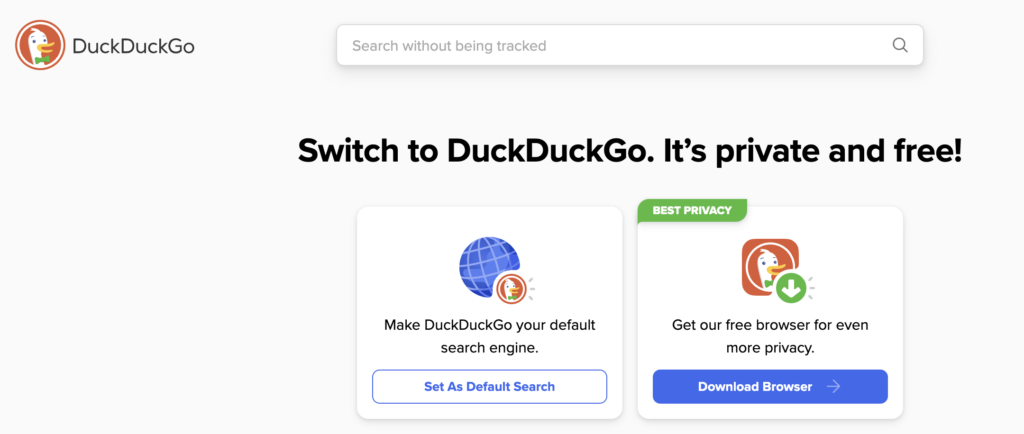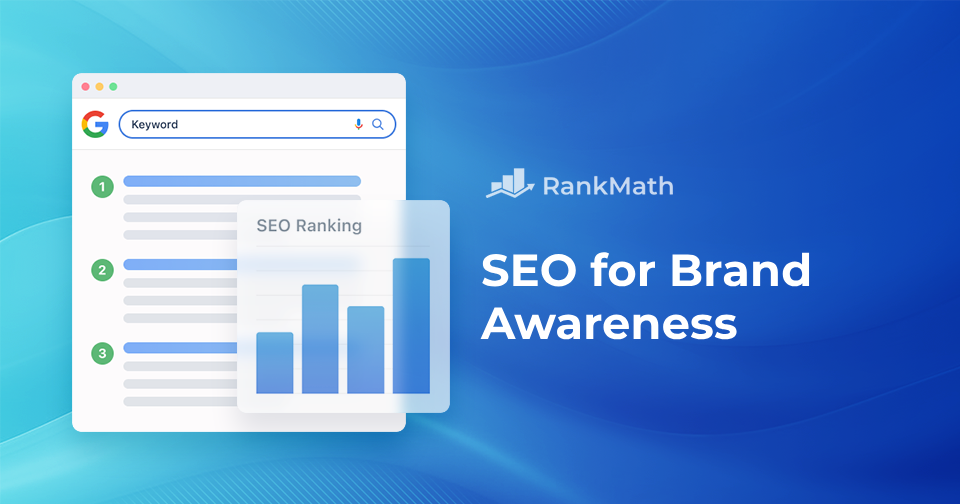
Blocking tracking by Google can significantly impact the functionality and effectiveness of SEO add-ons. With privacy concerns becoming increasingly vital to internet users, many are taking steps to limit the tracking and data collection performed by tech giants like Google.
While these measures are beneficial for protecting user privacy, they can also have unintended consequences for website owners and digital marketers who rely on the data and insights provided by Google for their SEO efforts.
What is an SEO Add-On?
SEO add-on is an additional component or feature that a user can add to a website to improve its search engine optimization (SEO) capabilities. These add-ons can provide crucial functions such as meta-tag optimization, content analysis, keyword suggestions, and other tools to help website owners improve their search engine rankings and visibility.
SEO add-ons are often available as plugins or extensions for popular content management systems or web platforms. Yoast is a popular example of an SEO plugin.

Why Users’ Block Tracking by Google
Users block tracking by Google due to growing concerns about privacy and data collection. Many internet users are becoming increasingly wary of the amount of data that tech companies like Google collect and track.

As a result, they are taking steps to limit the tracking of their online activities to protect their privacy. Additionally, some users may have concerns about the potential misuse of their data and want to assert greater control over their online privacy.
The Impact of Blocking Google Tracking on SEO Add-Ons
One of the primary ways blocking tracking by Google can impact SEO addons is by disrupting organic search keyword data collection. Historically, website owners and digital marketers have relied on Google Analytics and other tracking tools to understand which keywords drive traffic to their sites.
This information is crucial for optimizing website content and targeting relevant keywords to improve search engine rankings. However, with more users opting out of tracking or using privacy-focused or alternative search engines, the availability of this data is dwindling.

As a result, SEO add-ons that rely on keyword data from Google may fall short regarding the accuracy and completeness of their insights, making it more challenging for website owners to identify high-performing keywords, assess the effectiveness of their content, and make informed decisions about their SEO strategies. Additionally, lacking access to comprehensive keyword data may make SEO add-ons struggle to provide accurate and relevant keyword suggestions, content optimization recommendations, and other valuable features that rely on this information.
Furthermore, blocking tracking by Google can impact the ability of SEO add-ons to provide accurate and personalized performance metrics. Many SEO add-ons leverage data from Google’s various tools to assess website performance, such as organic search traffic, click-through rates, and user engagement metrics.
By blocking tracking, website owners limit the availability of this data, which can result in less accurate performance reports and insights from their SEO add-ons.
In addition to keyword and performance data, blocking tracking by Google can also impact the functionality of SEO add-ons relying on Google’s webmaster guidelines and best practices. Many SEO add-ons enable optimizing website structure recommendations, improving page speed, and enhancing user experience based on Google’s recommendations.
However, lacking access to user behavior and interaction data may handicap these add-ons from providing accurate and actionable guidance, resulting in suboptimal website optimization efforts. Moreover, the impact of blocking tracking by Google extends beyond the data and insights provided by SEO add-ons to the tools and features that depend on Google’s APIs and services.
Many SEO add-ons integrate with Google’s tools and platforms to access data, fetch information, and perform various functions. For example, add-ons that offer structured data markup analysis, backlink tracking, or local SEO optimization may depend on Google’s APIs for retrieving relevant data and insights. The inability to track user behavior and access Google’s services may limit the functionality and accuracy of these features.
Despite these potential challenges, website owners and digital marketers can adapt to the evolving landscape of privacy and user tracking by implementing alternative strategies and solutions, such as deploying innovative VPN technologies for encrypting data. For example, leveraging data from privacy-respecting search engines, investing in first-party data collection and analysis, and utilizing other web analytics platforms can help mitigate the impact of blocking tracking by Google on SEO add-ons.
Additionally, prioritizing ethical and transparent data collection practices, providing value-driven content, and focusing on user experience can empower website owners to improve their SEO efforts without compromising user privacy.
VPNs to the Rescue
A potent way to allow Google tracking and still ensure data privacy is by deploying innovative technologies of VPNs. VPNs (Virtual Private Networks) can help eliminate Google tracking by encrypting your internet connection and hiding your IP address.
When you use a VPN, your online activities become anonymous to Google and other third parties, making it challenging for them to track and collect your data. By leveraging the multi-hop, cascading, or double VPN feature to route your internet traffic through multiple VPN servers, you can prevent Google from monitoring your browsing behavior and collecting personalized data, thus enhancing your online privacy and security.
Conclusion
Blocking tracking by Google can significantly impact the functionality and effectiveness of SEO add-ons by limiting access to valuable data, insights, and features. However, with proactive strategies and a focus on ethical data practices, website owners and digital marketers can overcome these challenges and continue to improve their search engine optimization efforts.
As the digital landscape continues to evolve, staying informed about privacy regulations, user preferences, and alternative data sources will be essential for maximizing the impact of SEO add-ons in a privacy-conscious environment.



